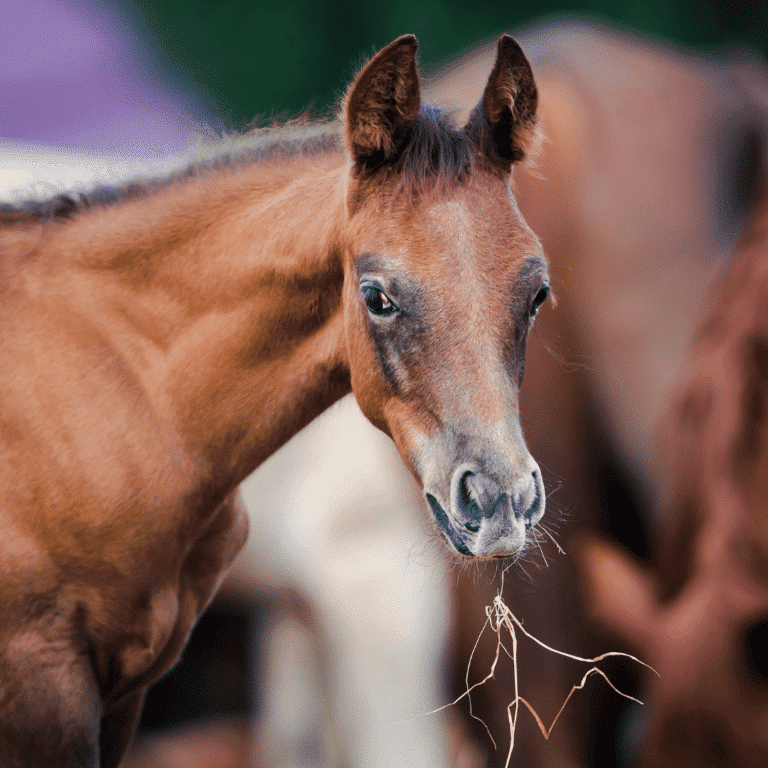Lethal White Overo Syndrome (LWO) is a genetic disorder primarily affecting horses, particularly those of the American Paint Horse breed, although it can occur in other breeds as well. It is caused by a mutation in the endothelin receptor B (EDNRB) gene, resulting in a lack of certain nerve cells in the gastrointestinal tract. As a consequence, affected foals are born with a non-functional colon, leading to severe intestinal obstructions and ultimately death within a few days of birth.
LWO is characterized by a distinctive white coat color pattern, often with a predominantly white body and dark-colored patches. Due to its lethal nature, responsible breeding practices and genetic testing are crucial in preventing the spread of this devastating syndrome within equine populations.
